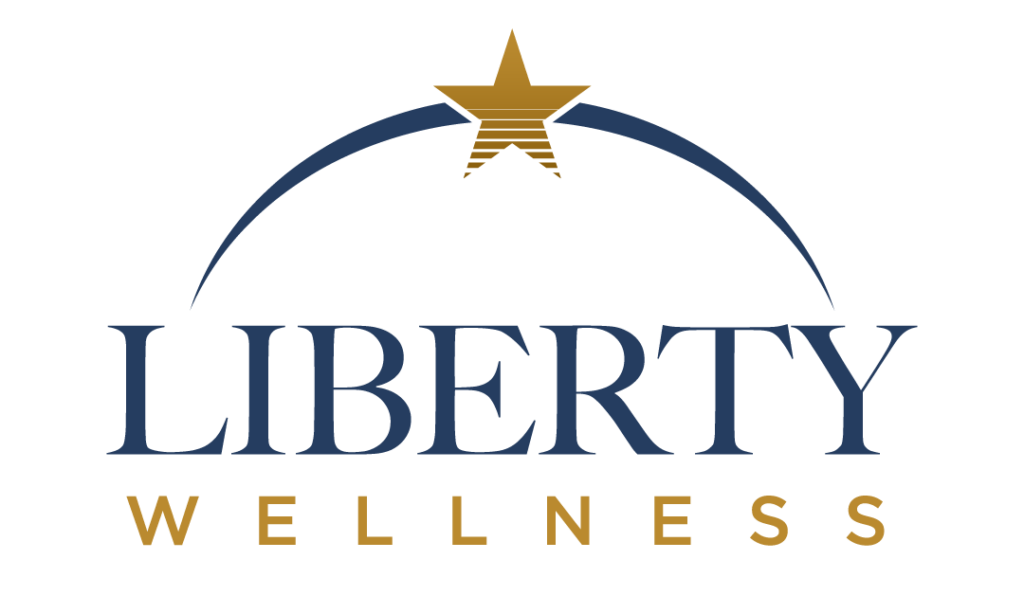At Liberty Wellness, we believe in the power of a healing journey and strive to provide that for each individual exhibiting alcoholism signs and symptoms.
Contact Liberty Wellness for more information about our drug and alcohol rehab center in New Jersey.
How Addictive is Alcohol?
Alcohol is a unique substance because addiction only occurs through improper use over time. While some individuals may be more susceptible to the physical effects of alcohol and may be genetically or environmentally more likely to abuse the substance, addiction only occurs through substance misuse.
Based on body composition, some individuals may be more susceptible to the effects of alcohol. If this is a positive experience for the individual, it can encourage the person to drink more or excess, a type of misuse.
Additionally, individuals can be genetically and environmentally predisposed to alcoholism. A genetic predisposition to alcoholism does not guarantee that addiction will occur, but scientists have confirmed that a genetic link makes it more likely. Environmental factors like living with an addict can also make addiction more likely as it teaches unsafe and unhealthy substance use practices.
Misuse of alcohol occurs when an individual drinks too much, either too frequently or bingeing, drinks to get drunk, drinks while underaged, or drinks while using other substances.
What Are the Signs of Alcoholism?
Alcohol addiction signs can be hard to define in individuals because there is a fine line between alcoholism and problematic use. Individuals who can stop drinking if they want to are defined as those with problematic use. Persons who are unable to stop drinking are those who are considered to have an alcohol use disorder and require addiction treatment.
The alcohol signs and symptoms include being unable to stop drinking, even if it is causing a problem in a person’s home, work, or social life and relationships. It can also include legal trouble related to drinking, like DUIs or drunk on the job. Alcoholism can also severely impact a person’s participation in activities and mental health.
Finally, an important thing to consider when it comes to addiction is the presence of withdrawal symptoms if the person is not drinking. This indicates a physiological need for the substance and is a guaranteed marker for an alcohol use disorder.
How to Help Someone With a Drinking Problem
To support an individual with a drinking problem, there are several common ways to offer strategic support:
- Tell them how their drinking impacts you and themselves.
- Provide treatment information.
- If necessary, cut them off.
Individuals are sometimes unaware of how their alcohol addiction signs impact others. This can be especially true for individuals with problematic drinking styles bordering on addiction. In many cases, they ignore the personal issues that it is causing in favor of the positive reaction they have to the substance. To help them see the impact, it is having on you, calmly explain the issues their behavior is having on you by using “I” statements and not become emotional. If an individual is unable or unwilling to see this impact or becomes hostile and reactive to these statements, it is best to back off and provide support through a different measure.
Another option that many choices when attempting to help someone with a drinking problem is to offer treatment options. This process takes the problematic aspect of finding a treatment center that meets their needs off their plate and makes it a matter of whether or not they are willing. A person must choose to make a difference for significant change to occur. You cannot force someone into rehab and recovery which is unwilling because the treatment process will not be supportive or successful for them.
Lastly, suppose you have calmly explained your point and provided treatment information, and your loved one is still unwilling to entertain the idea of rehabilitation. In that case, it may be time to consider cutting them off. This is a severe process and can be difficult for both individuals to maintain. However, if this is the route chosen, the person cutting off the addict must not give in. Giving in will indicate to the addict that their behavior can manipulate and win, increasing the likelihood of it occurring again.
Liberty Wellness Offers Alcohol Addiction Treatment in New Jersey.
If you or a loved one are ready for alcohol addiction treatment, look no further than Liberty Wellness. Our New Jersey addiction treatment facility offers high-quality therapy by experts in addiction and recovery.
At Liberty Wellness, we provide clients with multiple comprehensive treatment programs to support individual physical and mental wellness. Our clients have access to numerous cognitive behavioral therapy styles in addition to Medication Assisted Treatment methods that promote health through a safety net for success.
We also offer supportive aftercare and sober living opportunities for our clients who have graduated and are ready to take on a new life in a new way.
Contact Liberty Wellness today for your free consultation and to learn more about our New Jersey intensive outpatient rehab program.





